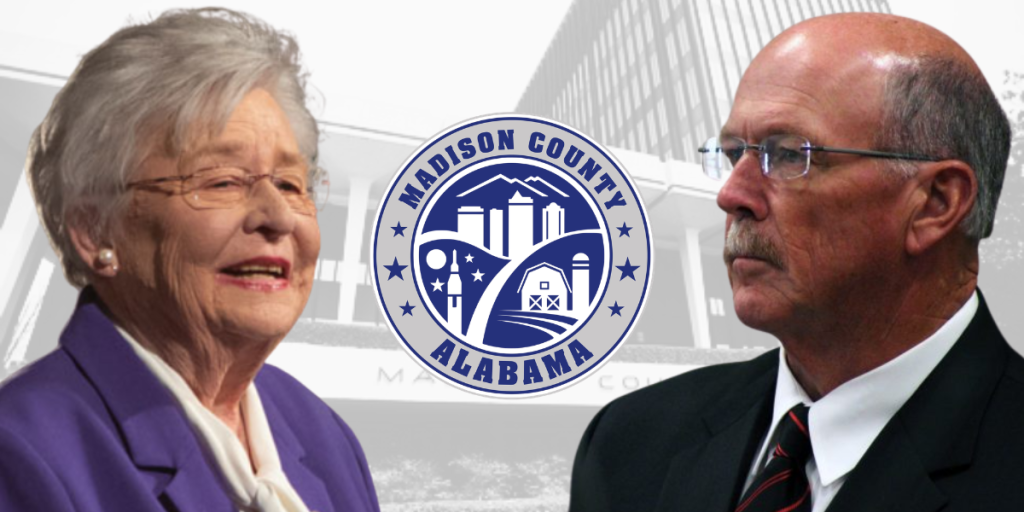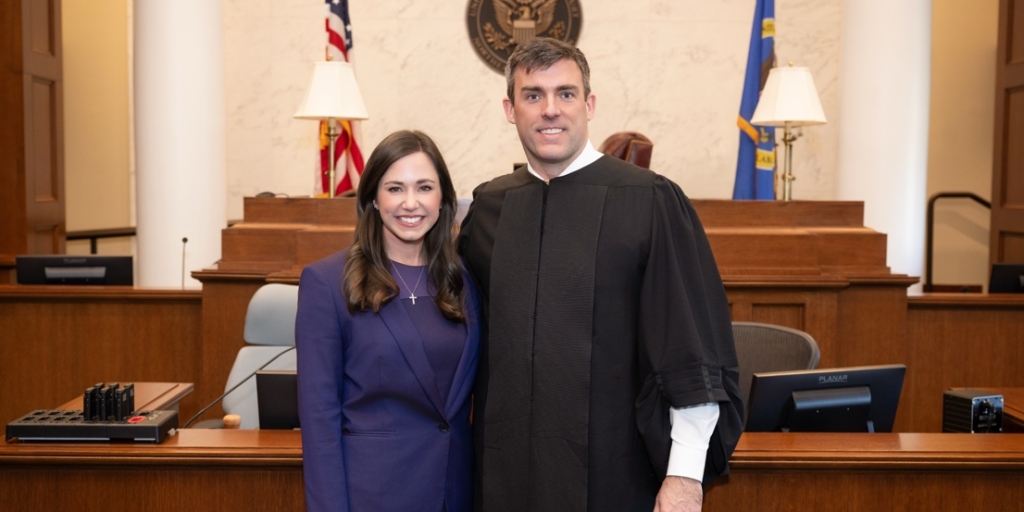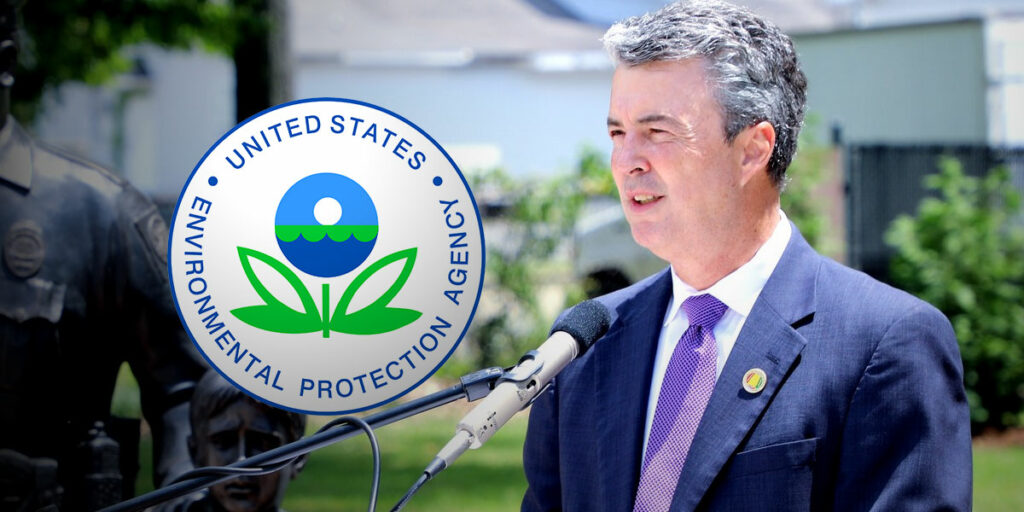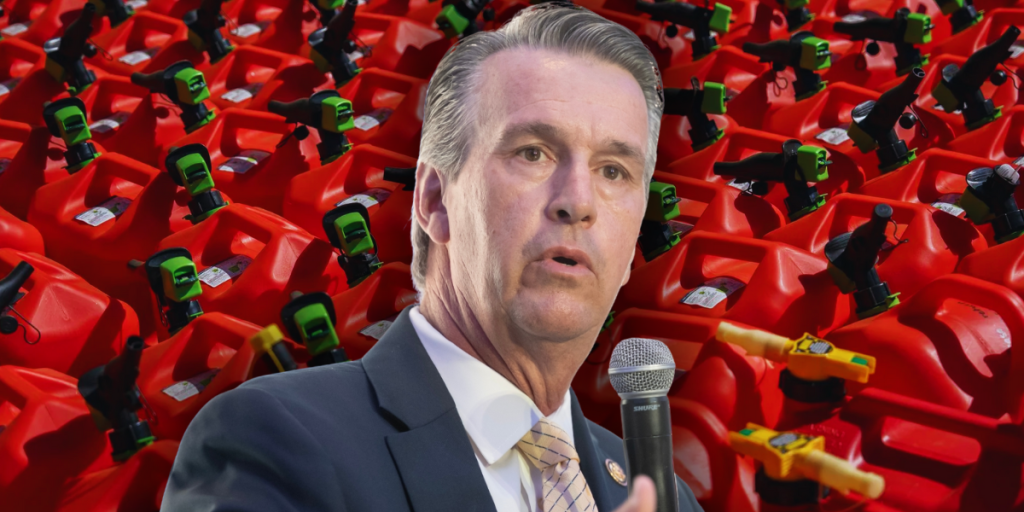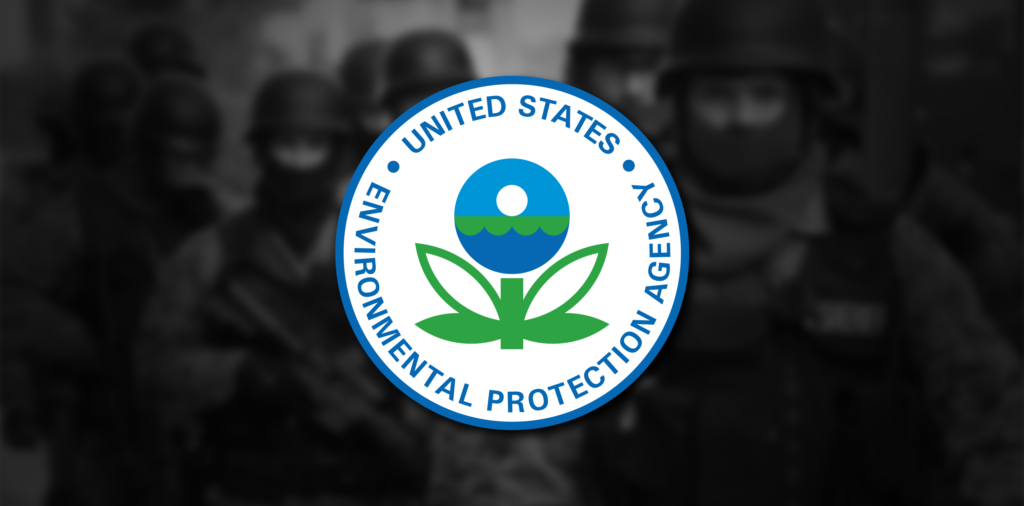
WASHINGTON — Congressman Gary Palmer spoke out this week against the Environmental Protection Agency’s (EPA) latest major regulation, which opponents say is a significant overreach of the bureaucracy’s power.
Along with the Army Corps of Engineers, the EPA is seeking to redefine “Waters of the United States” under the Clean Water Act to include small areas water collects or could collect, such as ditches, puddles and small ponds.
Every Republican member from Alabama voted in favor of blocking the new rule earlier this month. The state’s lone Democratic representative, Terri Sewell (D-AL7) did not vote.
Since the Senate did not also vote to block the rule, it went into effect Thursday.
“This expansive rule would allow the EPA to place onerous regulations on almost any body of water,” Rep. Palmer said in a press release. “While the EPA claimed to listen to the extensive public outcry over this proposal by making cosmetic changes, the rule is still well beyond EPA’s rightful authority. I have voted to roll back this rule by supporting H.R.1732, the Regulatory Integrity Protection Act, which would block its implementation, and I hope further action will be taken to stop this rule from being implemented.”
Earlier this month Congresswoman Martha Roby (R-AL2) also spoke out against the rule, expressing concern for the negative impact it could have on Alabama’s farmers and land owners.
“I’ve heard from countless farmers, foresters and families in Alabama who are under threat of being aggressively and unnecessarily penalized by federal water regulators,” Rep. Roby remarked. “Trying to expand the definition of navigable waters to include puddles and ditches has never made sense. It reeks of a radical environmental agenda being forced on Americans, and Congress is right to take steps to stop it.”
Farmers and ranchers across the country have been some of the most outspoken opponents of the new rule, saying it could make common agricultural activities such as irrigation, fertilization, and harvesting much more expensive and highly regulated.
Rep. Palmer, however, says his opposition is based in the impropriety of an agency overstepping its authority.
“Returning to Constitutional Governance is one of my highest priorities. The EPA is an organization that makes a habit out of claiming authority beyond that which it has under the Constitution and the laws established by Congress. This rule is an example of that fact.”
Like this article? Hate it? Follow me and let me know how you feel on Twitter!
— Elizabeth BeShears (@LizEBeesh) January 21, 2015




